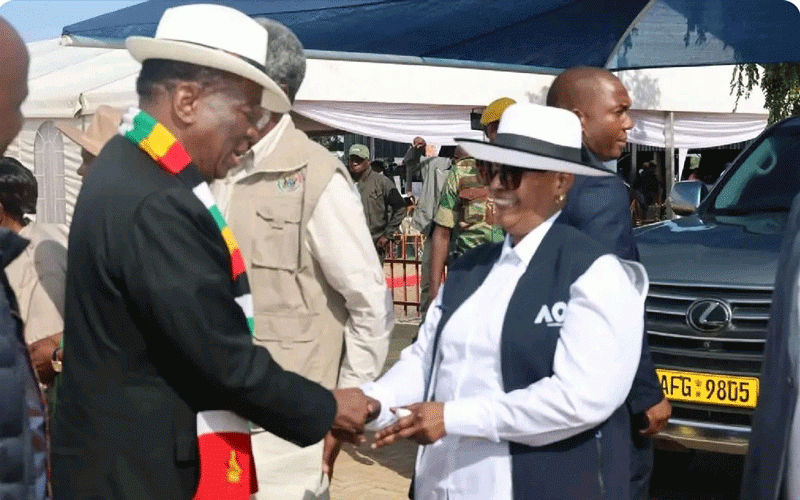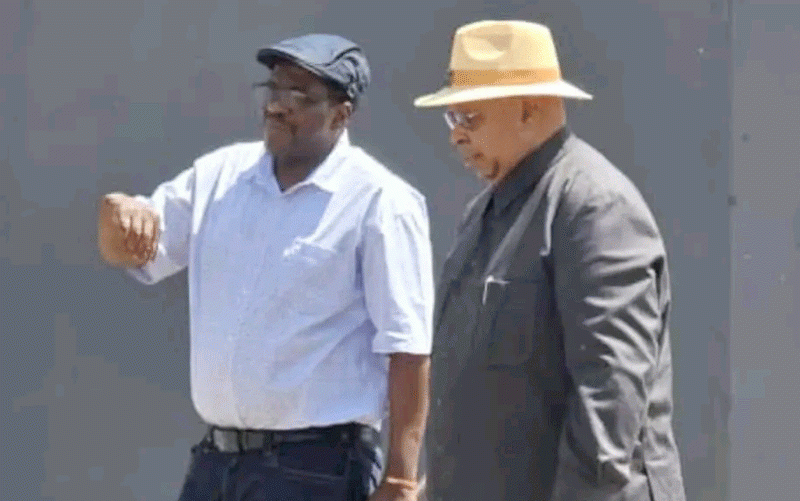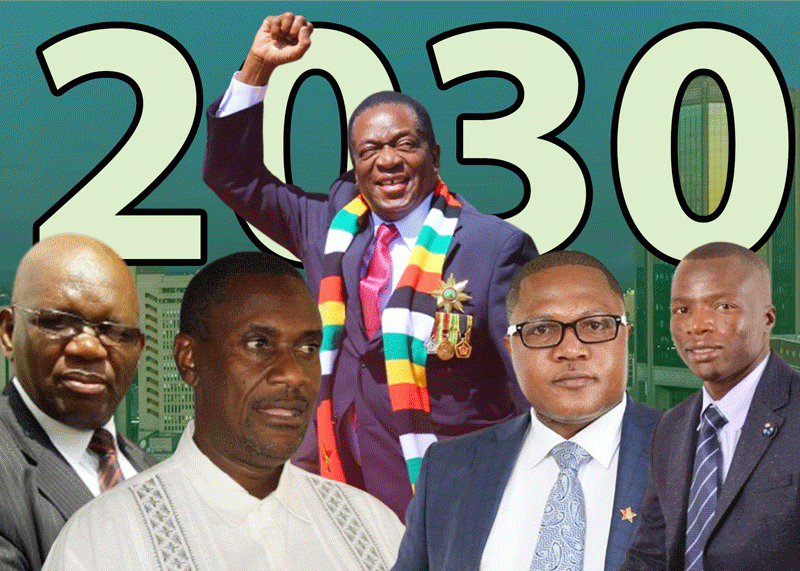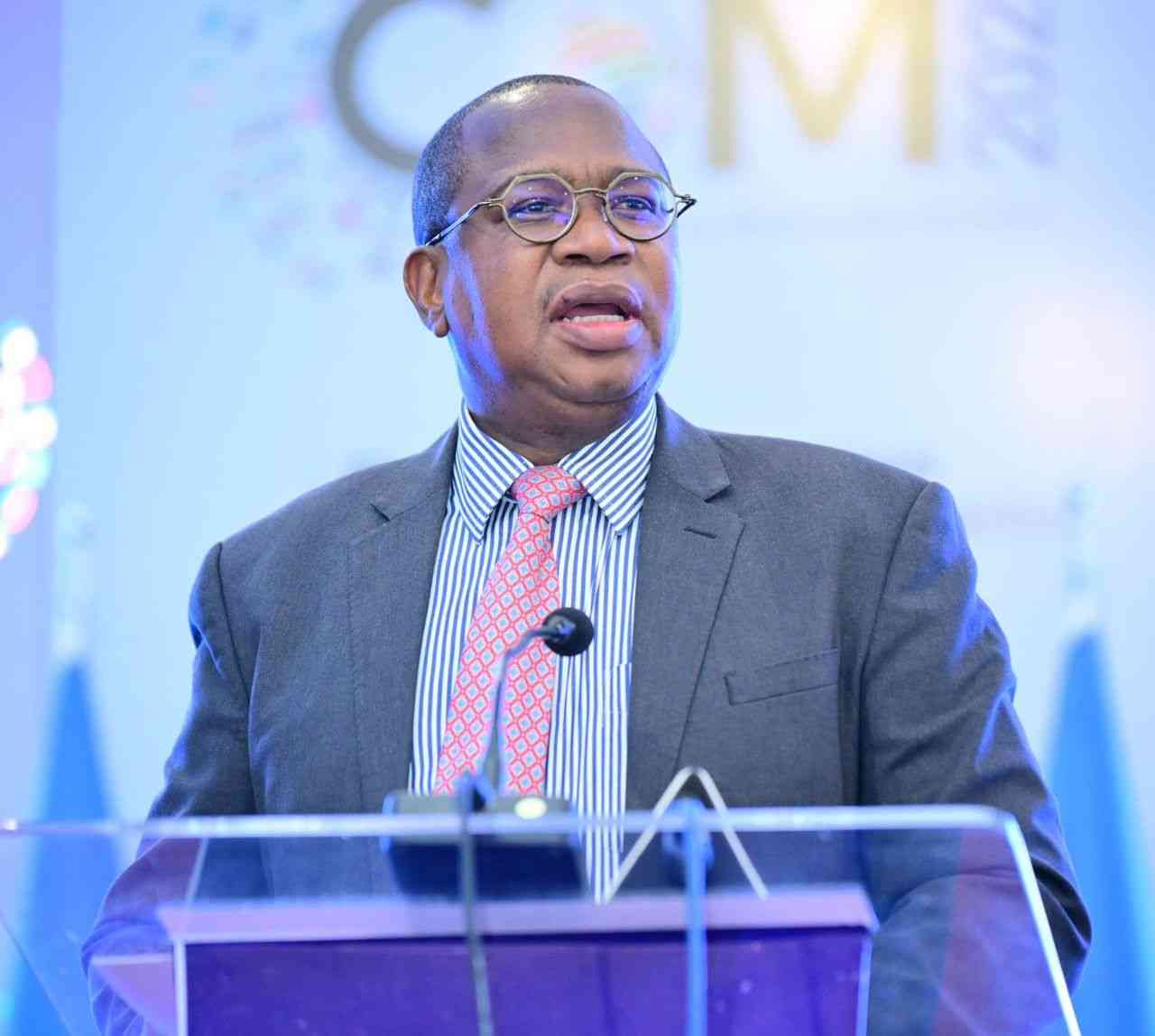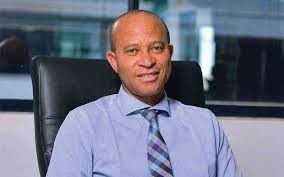MTHWAKAZI Republic Party (MRP) activists have revealed details of harassment and torture as well as unfair treatment during their incarceration after staging a peaceful protest outside the Bulawayo Central Police station in 2021.
The activists, who became known as the MRP 9, were sentenced to three years after staging the protest demanding the release of their leader Mqondisi Moyo.
The activists were later transferred from Khami prison in Bulawayo to Chikurubi Maximum prison in Harare.
Six of the jailed MRP activists were released last week.
The released members include the chairperson of the MRP’s women’s national league, Sibongile Banda and Busi Moyo.
Banda and Moyo were spending jail time at Mlondozi prison.
The four other released members who were detained in Harare include Tinos Nkomo, Nkosinathi Ncube, Ackim Ndebele and Liveson Ncube.
Three other party members, MRP youth chairperson Mongameli Mlotshwa, Maxwell Nkosi and Welcome Moyo will remain in jail for another three months as they had other charges.
The MRP activists said they were treated like dangerous criminals at Chikurubi, adding that they were never told the reason behind their transfer from Khami prison in Bulawayo.
“We were brutally beaten by police officers at the Bulawayo Central police station after our arrest,” Liveson said as he narrated the events of the day.
“Ackim Ndebele was dragged on the road by the police...we could only see his back skin as his shirt was now torn from being dragged and it was heart-breaking.
“Welcome Moyo was brutally beaten to the extent that he had to be rushed to hospital for a medical examination and all of this transpired on the first day of our arrest.”
Liveson said their trial was never fair.
He and his colleagues spent three months at Khami prison before they were eventually transferred to Harare.
“At first, we were not informed, which Maximum Prison we were going to,” Liveson said.
“We thought that we were going to Khami maximum prison, but we were later sent to Chikurubi Maximum Prison in Harare.
“Our journey to Harare was hard as we were in leg irons...the prison vehicle did not have any seats, and we travelled the whole journey standing.”
Liveson also complained about prison conditions at Chikurubi as well as the poor diet and overcrowding.
“The place is overcrowded, dirty and there is a shortage of water at the prison, which leads to the spread of diseases,” he said.
Liveson said he felt that they were denied amnesty during their time in prison on tribal grounds.
“I realised that there is tribalism because we had a chance to benefit from the amnesty but they denied us and flatly told us that we were never under consideration,” he said.
“As we were about to finish our jail term, some prisoners were transferred to Bulawayo but they denied us the same opportunity.”
Ndebele also weighed complaining about the harsh treatment they received after their conviction and sentencing.
“We did not expect the state to treat us any better than they did,” Ndebele said.
“It was actually not a surprise...the whole trial was a gross miscarriage of justice.
“Again we did not expect the trial to be fair, which speaks a lot about the state of the injustice system in our country.”
Ndebele said the prison transfer to Harare affected them and their family members.
“If you are aware of how the prison system works, when one is about to finish his sentence, they allow you to be transferred to the closest institution to your place of residence but we were denied that opportunity,” he said.
Ndebele said their treatment as dangerous criminals was traumatic.
“Nobody with a sentence less than six years is treated under D class conditions,” he said.
“We were treated as D class prisons until the day we came out of prison.
“There were some police officers who were good and followed the law while others provoked us so that we could react to that but we did not.”
Nkosilathi said arresting police officers failed to identify them during trial.
“When we arrived in Harare other prisoners were interviewed again but we were not, we asked the security officers why we were not interviewed but he only threatened to kill us,” he said.
“On our warrants it was written that we were a security threat.
“We tried to ask about this but the officer in charge failed to give us a valid reason.
“When we arrived in prison, I was not given any of the clothes there, we were only provided with clothes by members of MRP and churches.”
Liveson said they survived through the grace of God.
“We had to pray daily as the living conditions were bad,” he said.

